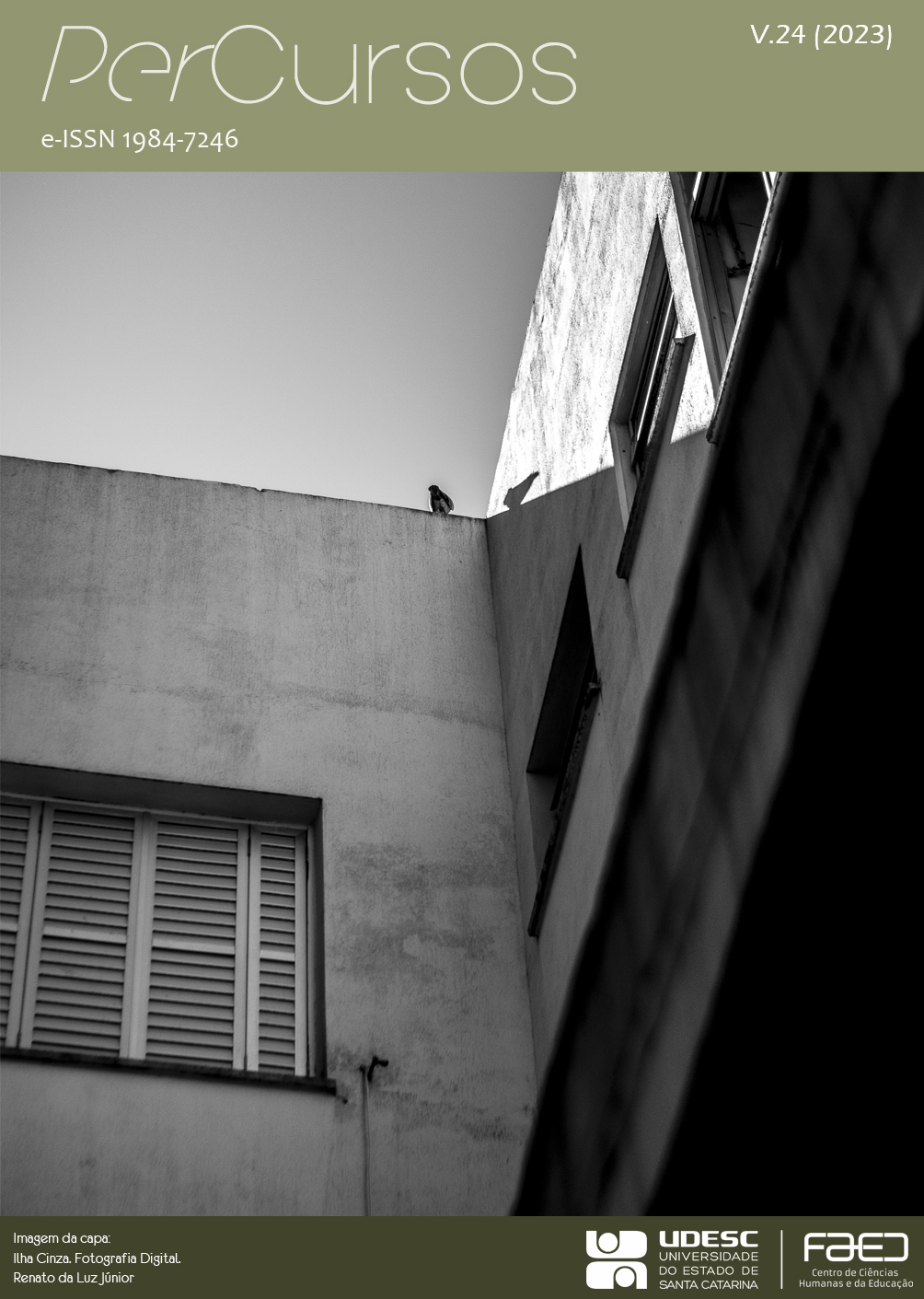Old age and dissident modes of existence
DOI:
https://doi.org/10.5965/19847246242023e0109Keywords:
old age, death, singular existencesAbstract
It is proposed to problematize a linear association between death and old age. We situate old age as possibilities of life. And life would not be the denial of death. In the game of life, life and death combine to drive existences that are open to the creation of new values that are those of life itself. But are we really in possession of the right to exist in our old age? This is the problem that prompts this article. We are dealing here with singular modes of existences that claim their right to reality. Giving visibility to these existences constitutes a way of building alliances that affirm our own right inseparable from the powers of life. We propose in this article, pursuing the question of old age as a power of life that does not deny death, to seek, in some fragments of the work of philosophers Seneca, Nietzsche and Foucault, the company to give consistency to our claim. We adopted the style of a philosophical essay, which we understand to be an experimental path that, we hope, can provoke, at present, the power of thinking differently from what has already been thought.
Downloads
References
CÍCERO, Marco Túlio. Saber envelhecer. Trad. Paulo Neves. Porto Alegre: L&PM Editores, 1999.
FOUCAULT, Michel. O que são as luzes? MOTTA, Manoel Barros da. In: FOUCAULT, Michel. Ditos e escritos: arqueologia das ciências e história dos sistemas de pensamento. Trad. Elisa Monteiro. Rio de Janeiro: Editora Forense Universitária, 2000. v. 2. p. 335-351.
FOUCAULT, Michel. A coragem da verdade: o governo de si e dos outros II. Trad. Eduardo Brandão. São Paulo: Martins Fontes, 2011.
NIETZSCHE, Friedrich. Assim falou Zaratustra: um livro para todos e para ninguém. Trad. Mario da Silva. 12. ed. Rio de Janeiro: Civilização Brasileira, 2003.
NIETZSCHE, Friedrich. Além do bem e do mal: prelúdio a uma filosofia do futuro. Trad. Paulo César de Souza. 2. ed. São Paulo: Companhia das Letras, 1997.
NIETZSCHE, Friedrich. Ecce homo: como alguém se torna o que é. Trad. Paulo César de Souza. São Paulo: Companhia das Letras, 1995.
SÊNECA, Lucio Aneu. Cartas a Lucílio. Trad. J. A. Segurado e Campos. 4. ed. Lisboa: Fundação Calouste Gulbenkian, 2009.
Downloads
Published
How to Cite
Issue
Section
License
Copyright (c) 2023 PerCursos

This work is licensed under a Creative Commons Attribution-NonCommercial-NoDerivatives 4.0 International License.


